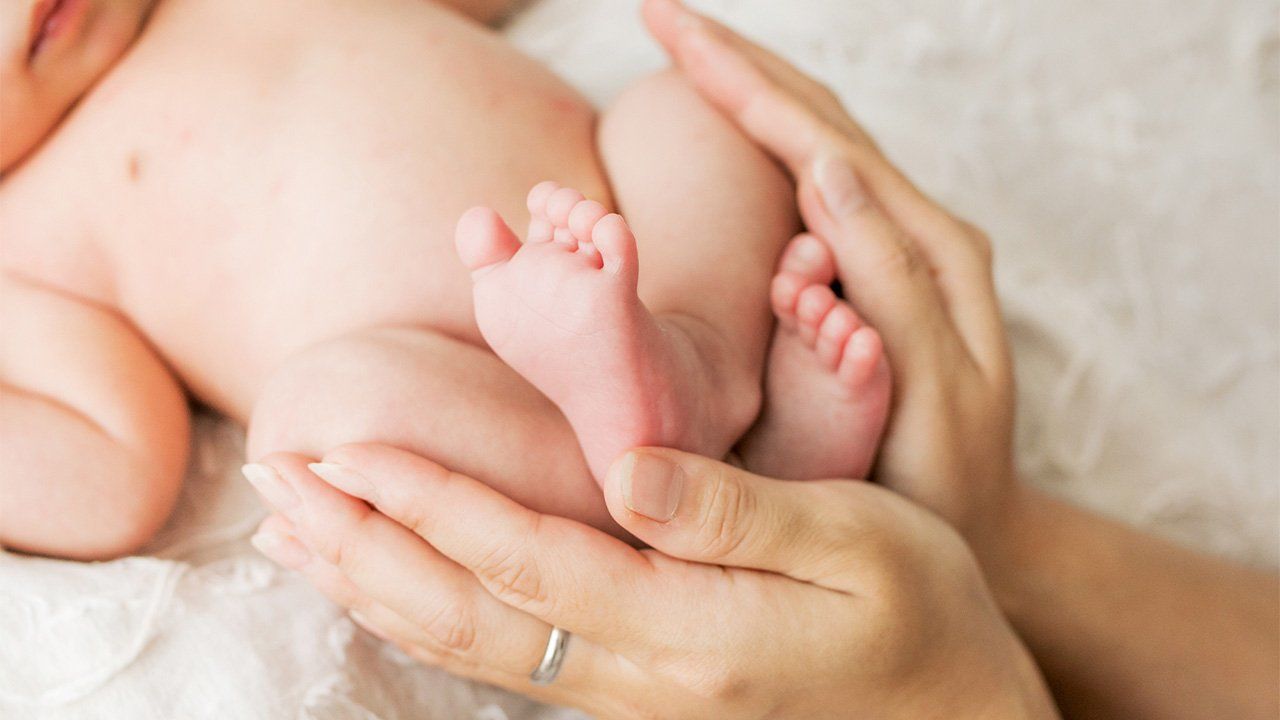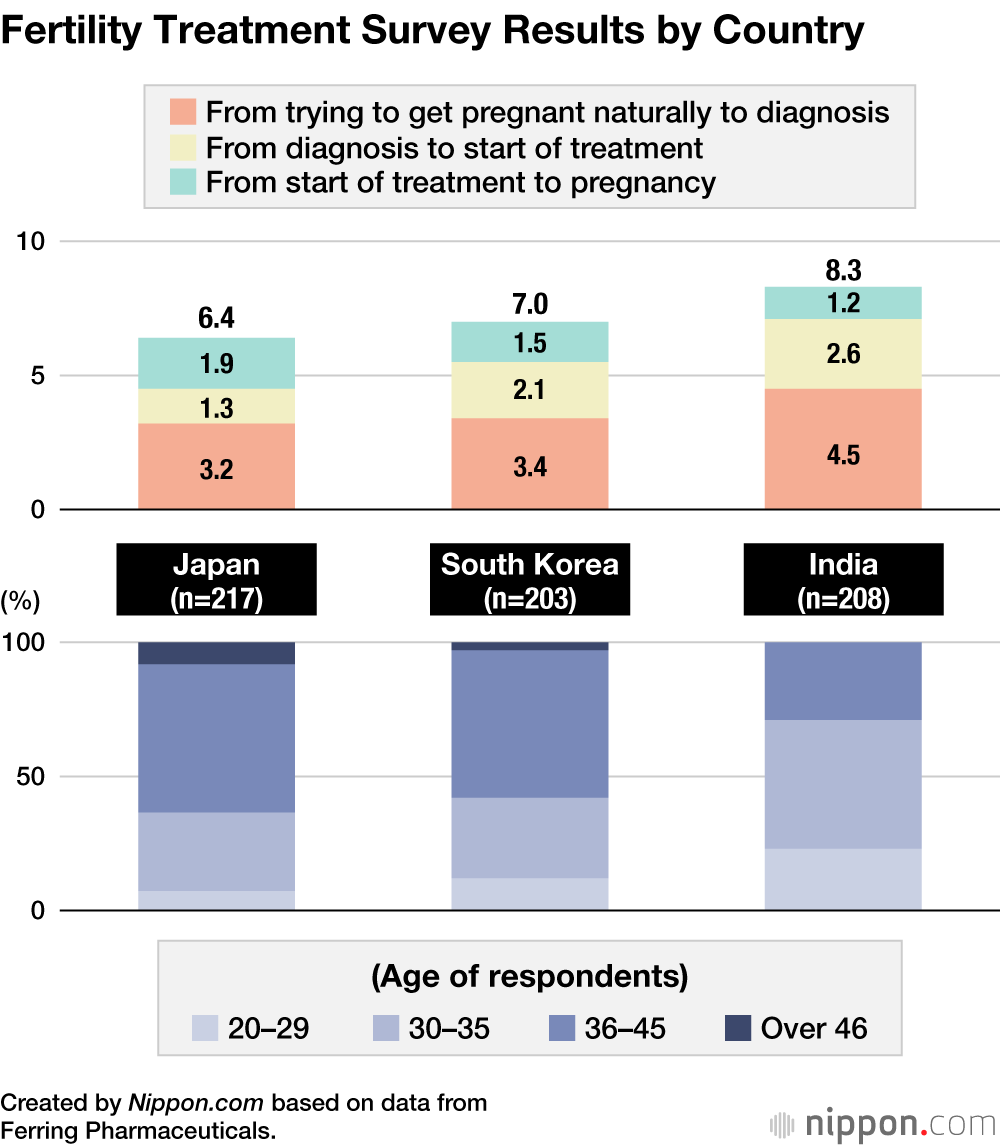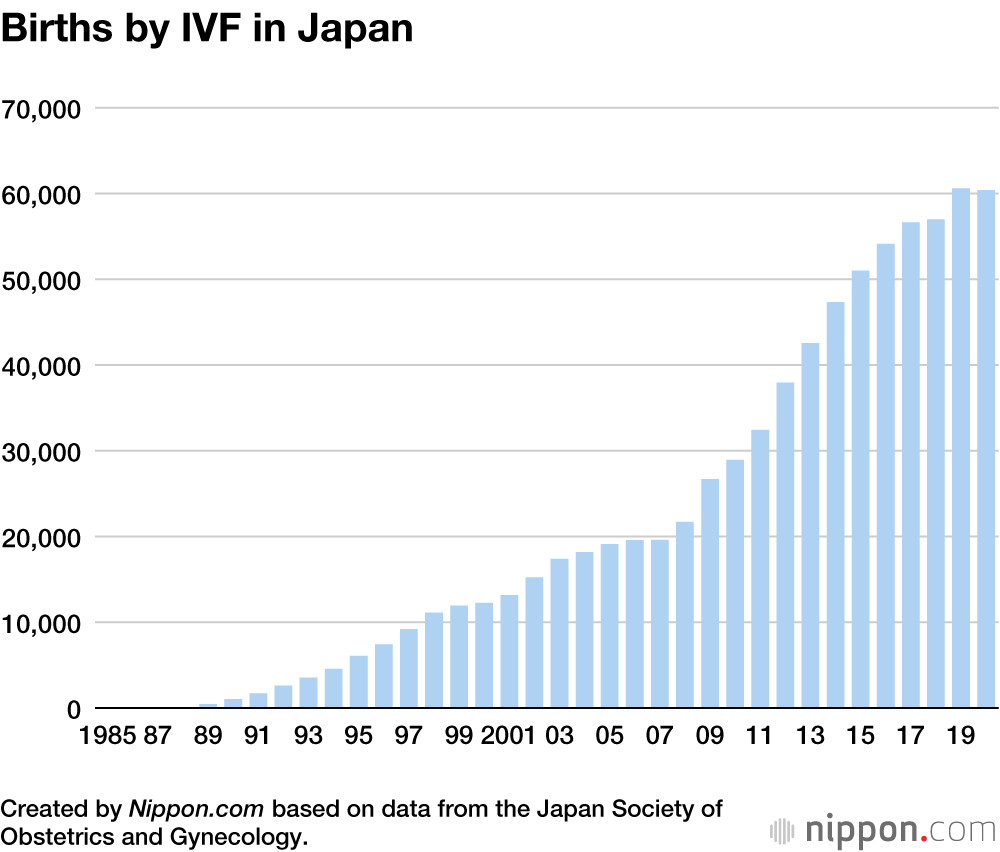
Couples Choosing Fertility Treatment Take More than 6 Years on Average to Conceive
Family Health- English
- 日本語
- 简体字
- 繁體字
- Français
- Español
- العربية
- Русский
An online survey in Japan by Ferring Pharmaceuticals probed the sensitive subject of infertility. The survey was conducted from February through April 2022 and targeted 217 individuals who had been diagnosed as infertile or whose partner had. Participants were asked about the process they went through up to diagnosis and their current status of treatment.
The survey found that 197 respondents had chosen to undergo fertility treatment. Of those, 115 had become pregnant, 51 were continuing to receive treatment, and 31 had stopped treatment. Among the 197 who had received treatment, 113 had previously or were currently undergoing in vitro fertilization.
On average, it took 6.4 years from the time a couple decided to have a child by undergoing fertility treatment to actually conceiving. Looking at this figure more closely, it took couples an average of 3.2 years from being unable to conceive naturally to getting a check-up at a hospital, 1.3 years from being diagnosed to starting treatment, and 1.9 years before becoming pregnant.
Ferring Pharmaceuticals conducted a similar survey in South Korea, India, Singapore, Vietnam, and Indonesia. The following chart gives a summary of the survey results for Japan, South Korea, and India.
The survey in Japan revealed that while the amount of time from diagnosis to the start of treatment was relatively short, the period from the start of treatment to conceiving was long, results that are possibly due to the relatively higher age of participants.
Commenting on these finding, Professor Ishihara Osamu from the Faculty of Nutrition, Kagawa Nutrition University notes that in Japan “the age at which people get married and have their first child as well as choose to undergo fertility treatment through artificial insemination is rising.” He adds that more needs to be done to shorten the average length of time it takes for individuals who are having difficulty conceiving to decide to seek medical help.
The number of couples receiving infertility check-ups and treatment has been increasing year-on-year as people marry and have children later in life. In the past, couples have had to bear the considerable financial burden of fertility treatment, but since April 2022, the government has made basic treatment for infertility part of national health insurance coverage.
According to the Japan Society of Obstetrics and Gynecology, 60,381 children were born through in vitro fertilization in 2020.
(Translated from Japanese. Banner photo © Pixta.)

